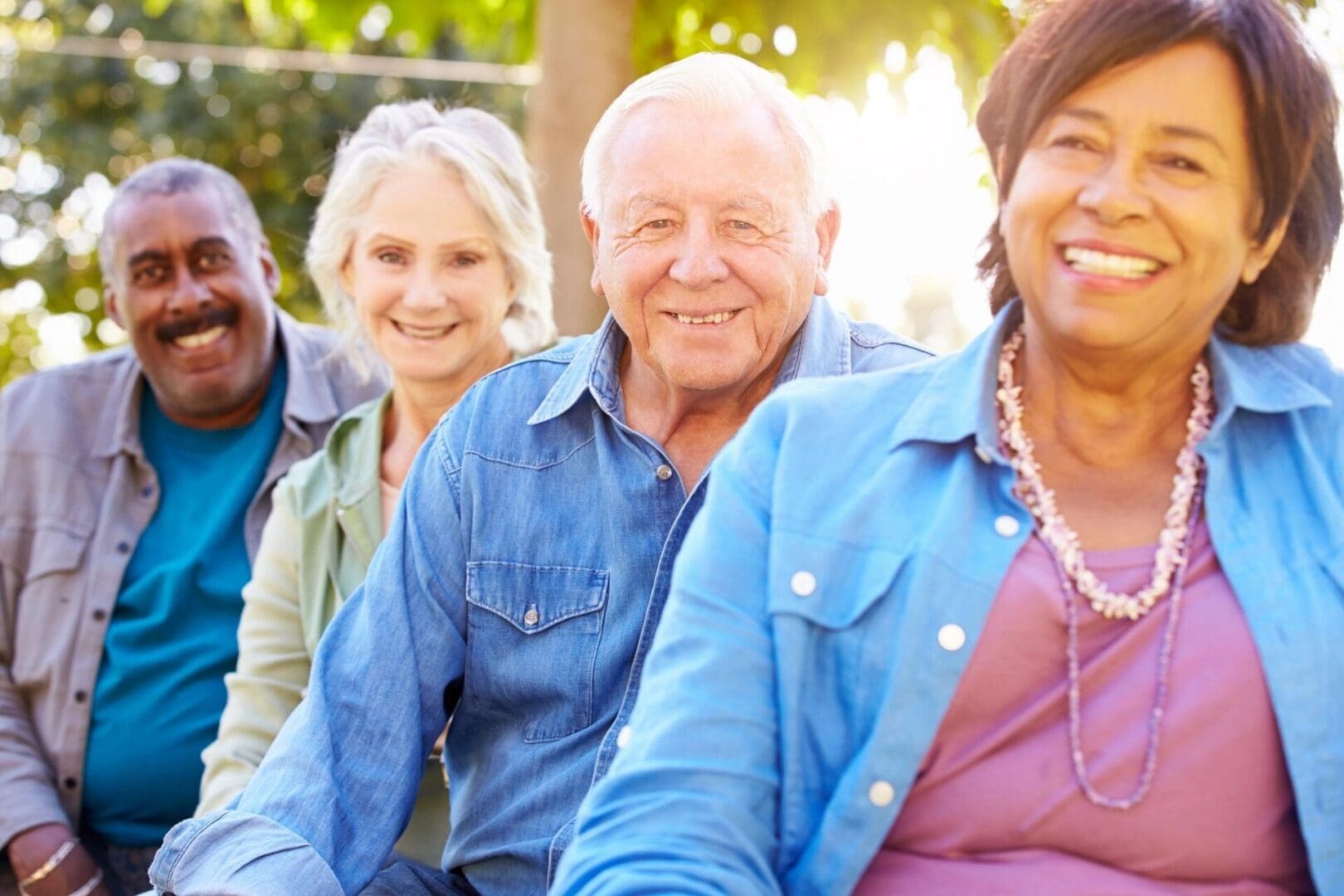The Importance of Wearing a Medical Alert Device: Insights from a Nurse with 17 Years of Experience

In my 17 years as a nurse in the medical field, primarily working with seniors in assisted living facilities, I’ve witnessed firsthand the critical role that medical alert devices play in safeguarding the health and well-being of our elderly population. These devices, often underestimated in their importance, provide a vital lifeline for seniors living independently or in assisted care environments. In this blog post, I aim to shed light on the significance of medical alert devices, drawing from my extensive experience to illustrate their life-saving potential.
Understanding Medical Alert Devices
Medical alert devices, also known as personal emergency response systems (PERS), are designed to enable individuals, particularly seniors, to call for help in an emergency situation. These devices typically consist of a wearable pendant or wristband with a button that, when pressed, connects the user to a monitoring center. This immediate access to assistance can make a crucial difference in the outcome of an emergency.
The Life-Saving Potential of Medical Alert Devices
- Immediate Response in Emergencies
One of the most compelling reasons for seniors to wear a medical alert device is the immediate response it provides during emergencies. Whether it’s a fall, a sudden illness, or any other critical situation, the ability to summon help at the push of a button can be lifesaving. As a nurse, I’ve seen many cases where timely intervention has prevented minor incidents from escalating into severe health crises.
- Peace of Mind for Seniors and Their Families
The psychological benefits of medical alert devices cannot be overstated. For seniors, knowing that help is readily available can significantly reduce anxiety and enhance their sense of security. For family members, these devices offer peace of mind, knowing that their loved ones can access emergency assistance even when they are not around. This reassurance can improve the overall quality of life for both seniors and their families.
- Promoting Independence
Many seniors value their independence and wish to remain in their own homes for as long as possible. Medical alert devices support this desire by providing a safety net that enables them to live independently while still having access to help when needed. This balance between independence and safety is crucial for maintaining the dignity and well-being of seniors.
- Comprehensive Health Monitoring
Advances in technology have led to the development of medical alert devices that offer more than just emergency response capabilities. Many modern devices include features such as fall detection, GPS tracking, and health monitoring. Fall detection can automatically alert emergency services if a fall is detected, even if the senior is unable to press the button. GPS tracking is particularly beneficial for seniors with dementia or Alzheimer’s, ensuring they can be quickly located if they wander off. Health monitoring features can track vital signs and provide early warnings of potential health issues.
Real-Life Examples from My Nursing Experience
- A Fall Prevention Lifeline
In one memorable instance, a resident in an assisted living facility where I worked experienced a fall in her bathroom late at night. She was unable to reach her phone to call for help, but fortunately, she was wearing her medical alert pendant. She pressed the button, and within minutes, an emergency response team was on the scene. Her swift access to help prevented her injuries from becoming more severe and allowed her to receive the necessary medical attention promptly.
- Emergency Medical Intervention
Another example involves a senior with a history of heart problems who experienced chest pain while gardening. He pressed the button on his medical alert device, and an ambulance was dispatched immediately. The prompt medical intervention ensured he received the critical care he needed in time, potentially saving his life.
- Wandering Prevention
I’ve also encountered cases where GPS-enabled medical alert devices have been instrumental in locating seniors who have wandered away from their homes. In one such case, an elderly gentleman with Alzheimer’s went missing during a walk. The GPS feature on his medical alert device allowed responders to quickly locate him and bring him back safely, averting a potentially dangerous situation.
Choosing the Right Medical Alert Device
When selecting a medical alert device for a loved one, there are several factors to consider:
- Ease of Use
The device should be easy to use, with a simple interface and a clear, easily accessible button.
- Monitoring Service Quality
Ensure that the monitoring service is reliable and staffed by trained professionals who can provide immediate assistance.
- Range and Connectivity
Consider the range of the device and whether it offers connectivity options such as landline, cellular, or Wi-Fi.
- Additional Features
Evaluate whether additional features such as fall detection, GPS tracking, and health monitoring are necessary based on the senior’s needs.
- Cost
While cost is a consideration, the value of a reliable medical alert device cannot be measured solely in financial terms. Consider it an investment in the safety and well-being of your loved one.
Conclusion
As a nurse with nearly two decades of experience working with seniors, I cannot stress enough the importance of wearing a medical alert device. These devices provide a critical lifeline, offering immediate access to emergency assistance, peace of mind, and the ability to live independently with confidence. Whether you are a senior considering a medical alert device for yourself or a family member seeking to enhance the safety of a loved one, the benefits are clear and compelling.
Investing in a medical alert device is a proactive step towards ensuring the health and safety of seniors, allowing them to enjoy their golden years with the assurance that help is always within reach. Remember, in the world of senior care, it’s always better to be prepared and protected.
